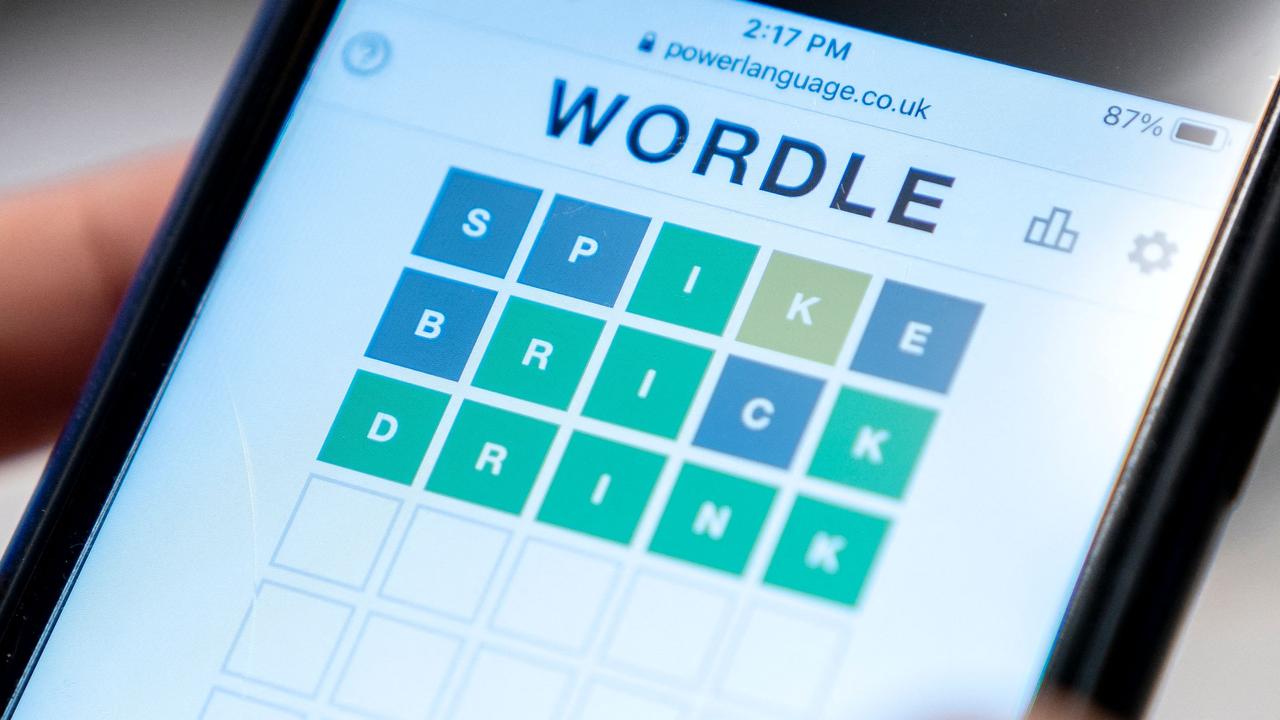The rise of word game Wordle points to the most significant communication technology revolution since the invention of writing.
Nearly three million people are now playing Wordle online and the game’s popularity is believed to be linked to its combination of code-cracking, community and competition.
The Mumbai police force recently tapped into the Wordle craze to encourage people to wear masks, and Indian politician Rahul Gandhi has used it to criticise Prime Minister Narendra Modi.
Flinders University medieval literature and language expert Dr Erin Sebo says Wordle’s popularity points to the seismic changes taking place globally, provoked by the pandemic and the most significant communication technology revolution since the invention of writing.
He believes part of the game’s appeal is the fact that everyone is solving the same puzzle, which means people discuss strategies and individual results in friendship groups.
“For many people who aren’t able to see friends and family in person, it gives a focus for socialising. For people isolated by the pandemic, it creates an online community,” he said.
People love talking about it – the number of Wordle tweets increases 26 per cent a day on average.
“Because the game allows you to share your result without spoilers, it has inspired fierce competition,” Dr Sebo said.
Despite concern about the decline of reading for pleasure, Dr Sebo said adults now consume more written text than any other generation in history thanks to social media.
“So, for a generation that spends so much time-consuming text online, it’s not that surprising that a game like Wordle which focuses on sound combinations and spelling conventions, is so appealing,” he said.
The internet is also dramatically increasing the dominance of English, including the use of conventions needed to solve Wordle.
“Wordle is often compared to crosswords but the mental process of solving is closer to code-cracking,” Dr Sebo wrote in a piece for The Conversation.
“Players are able to narrow down possibilities by calculating the probability of different letter combinations.
“If your first guess produced, say, two letters both yellow, you can make an educated guess about the most likely positions for those letters in English words.
“Since the game is based around five letter words, the words almost always involve consonant clusters. These are typically fairly specific to individual languages. In English, “spl” and “spr” are common, for example, but “slr” or “prl” are impossible.”
However, players also need to be flexible enough not to exclude less likely combinations entirely.
“The difficulty of each puzzle depends on the relationship between the solution and the player’s first guess,” Dr Sebo said.
“A lot of this is luck but you can improve your chances statistically by using frequency analysis, a cryptolinguistic technique based on which letters are (most common).”
Dr Sebo said he uses the word “share” as his first guess because it includes the two most common vowels as well as “s”, which is the third most common letter. “H” and “r” are common individually and even more common in consonant clusters so they instantly knock out a range of possibilities if they are there or not there.
“But I admire people who play with less strategy. Lots of people guess on whim,” he wrote.
Originally published as Popularity of Wordle linked to code-breaking, community and competition
For all the latest Technology News Click Here
For the latest news and updates, follow us on Google News.

